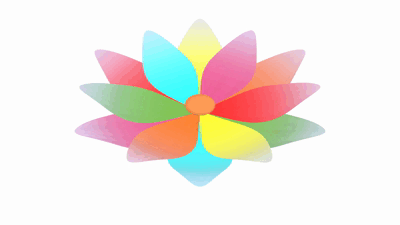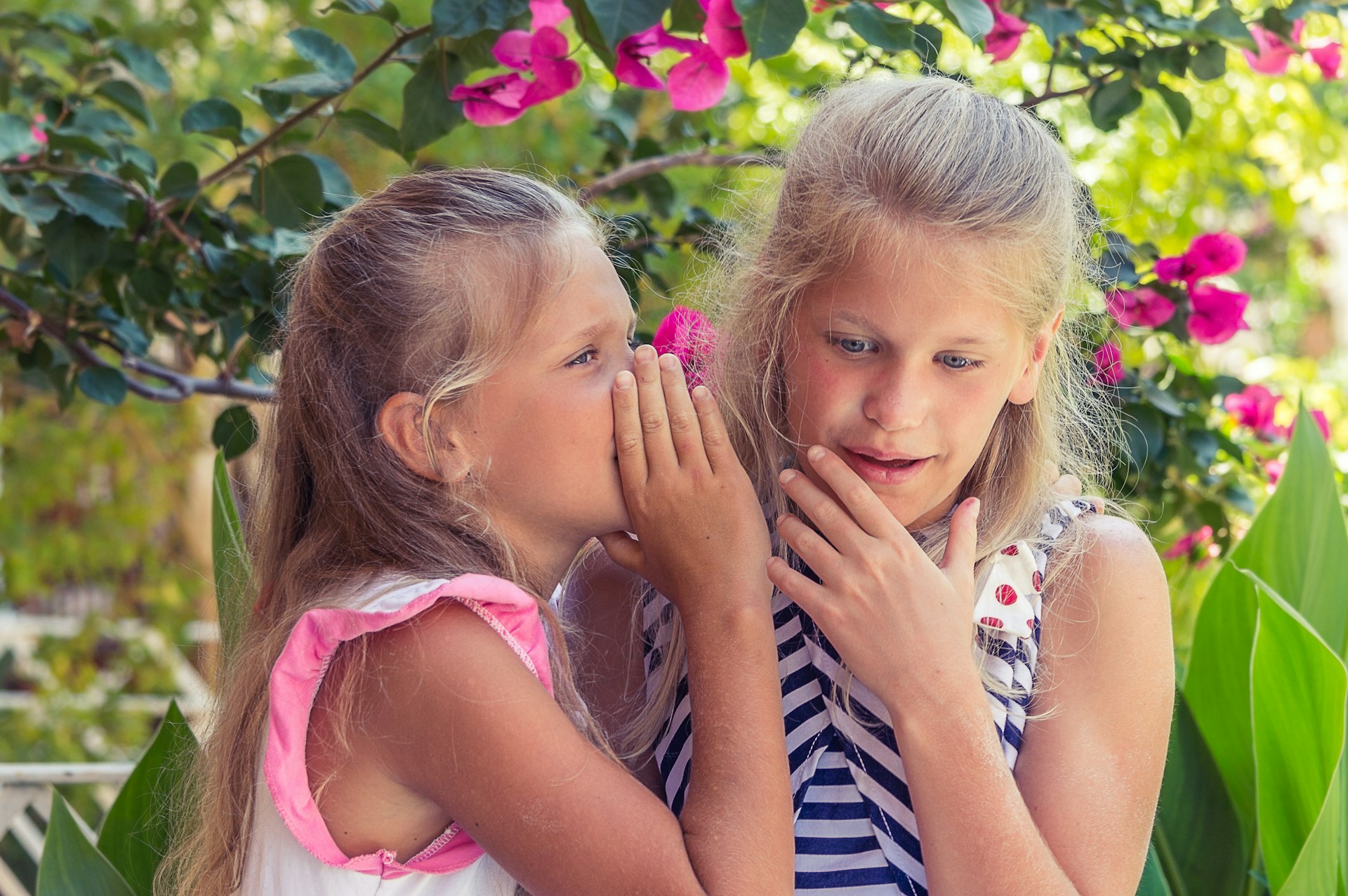Then the next thing could be what I call The Mirror Work. This is a practice where we use a mirror and talk to ourselves as if there is a second person standing in front of us. The idea is to start having a dialogue with yourself. In this case specifically – with your body.
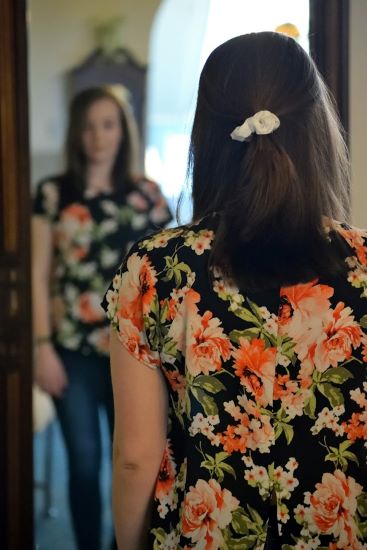
It might look something like this:
“Okay, I’m going to talk to my body.”
“Hey, body, how are you doing? Hey, legs, how are you doing? How are you feeling today?”
This practice begins to develop a conversation with the body, and from there, a relationship starts to develop.
At the end of the day, if we don’t have a conversation with the body, if we don’t have a relationship with the body, then what’s the point of us having the body? Just to do things. But I would argue that life experience can become way more enjoyable if we enjoy our bodies, if we have good relationship with our bodies.
As we continue with this practice we can add more specific elements to it that would gives us insight into what our body needs. For example, we might say:
“Okay, body, what do you need today? Do you need food? Do you need exercise? Do you need to sleep? What do you need me to do today?”
Let’s say you receive intuition that your body needs food. Then we can feed the body something that makes it happy. We could tune in and check if our body wants something sour, something juicy, or something with a lot of protein. And just like that, step by step, we start developing a conversation, attunement, and a relationship with our bodies.

If you haven’t tried this before, when we start doing it, it’s going to be a bit weird. This is because having a relationship with the body is not normal. By “not normal,” I mean it’s not something that we often hear our friends and families talking about. It’s usually something along the lines of, “Oh, if I eat this, I’m going to gain weight. If I eat that, I’m going to gain weight.” Quite often, it is a love-hate relationship, an unconscious relationship. However, as we stick with The Mirror Exercise or another type of dialogue with our body, we develop this relationship, and it’s going to become normal. And then, it’s going to become actually fun.
The way I see our relationship with our body, the body is actually our home.
So if we don’t feel safe in our home, then where are we going to feel safe? And if our body is not the place where we feel safe, then where are we going to feel safe? So how about we start treating our body as our home?
Another good analogy is to start seeing our body as a friend.
Imagine that you are going on the journey of life and you have a friend with you whom you can actually talk to, whom you can actually have a conversation with, who can make you laugh, and who is always, always there for you. The body is our friend.
And if you have a friend, you’re not going to be saying to your friend: “Oh, if you don’t do this, I’m not going to talk to you anymore. If you don’t look like this, I’m not going to talk to you anymore.” So how about we start treating our bodies as a friend? Because at the end of the day, the only relationship that we’re going to have until we die is with ourselves. And the body is that one part that we cannot disown as long as we are in this physical form.
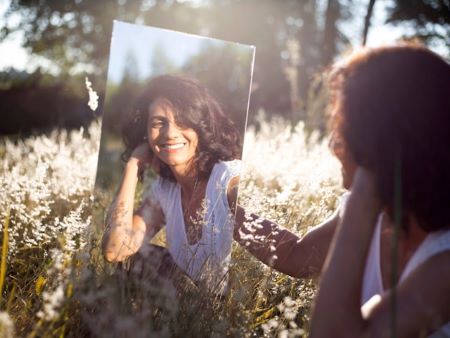
So it’s up to us how we’re going to treat ourselves. It’s up to us how we’re going to relate to ourselves. It’s up to us how we’re going to have a relationship with ourselves. It’s just a different way of looking at the body.
Typically, when we think about body image, we think about dieting, eating disorders, and exercise. But we never think about: “Oh, how about we actually start having a conversation with the body? How about we start treating our body as our friend?” Ultimately, this body is the only one that we have. We’re not going to get another body. So it’s up to us to improve the relationship with the body or just have this body that is always going to be a problem for us.
A step further would be to go into the metaphysical realm. If our body is an entity, if our body has feelings, how we treat our body is a reflection of how we feel about ourselves. So if we hate ourselves, we’re going to hate our body. If we don’t have a good relationship with ourselves, we’re not going to have a good relationship with our body. From this point of view, we can consider that the relationship with our body is actually the relationship with ourselves.
The good news is that when we start improving the relationship with our body, we’re also then automatically improving the relationship with ourselves.
And you don’t have to wait for someone to come and save you. You don’t have to wait for someone to come and fix you. You don’t have to wait for someone to come and tell you: “Oh, you’re beautiful, you’re worthy.”
You don’t have to wait for any of this. You can start doing this right now…
You can start improving your relationship with your body right now.
You can start treating your body as your friend right now.
You can start treating your body as your home right now.
You can start feeling safe in your body right now.
And the only thing that is stopping you is the belief that you’re not worthy of feeling safe. The belief that you’re not worthy of feeling good in your body. The belief that you’re not worthy of having a good relationship with your body.
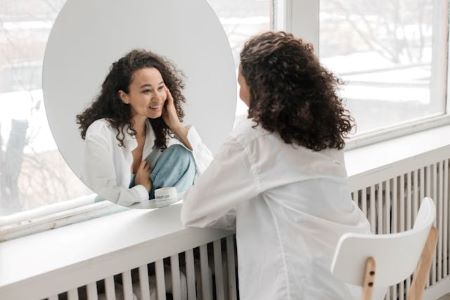
And when we shift how we see our bodies and we start consciously developing a relationship with it, we’ll see the change. We’re going to see that the relationship with our body is going to improve, the relationship with ourselves is going to improve, and then our relationship with other people is going to improve. The longest relationship that we’re going to have in this life is with ourselves and our bodies. So it’s up to us how we’re going to treat ourselves in our longest-term relationships.
If you have any questions or if you want to share anything, please let me know. Whether you want to reach out to me, share your experiences, thoughts, ideas, or feelings…
I’m here to listen. I’m here to help. I’m here to support.
Main – Photo by Vitolda Klein on Unsplash
